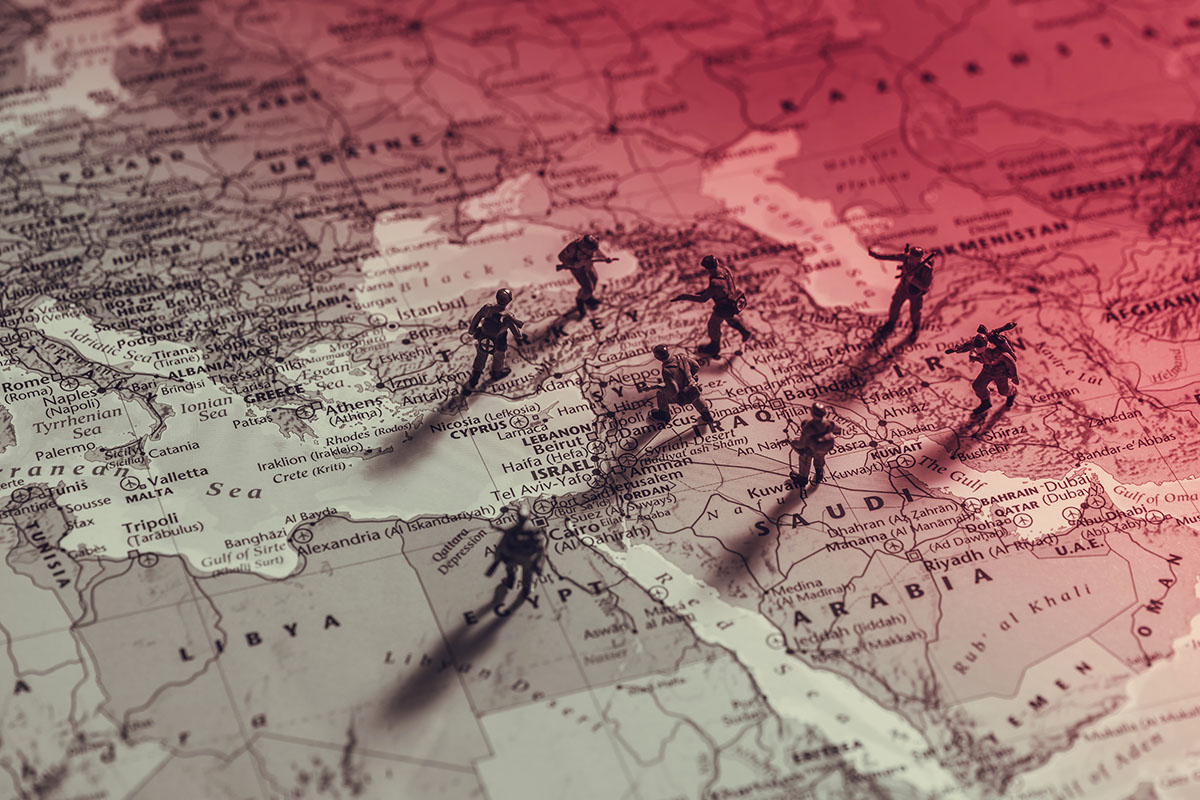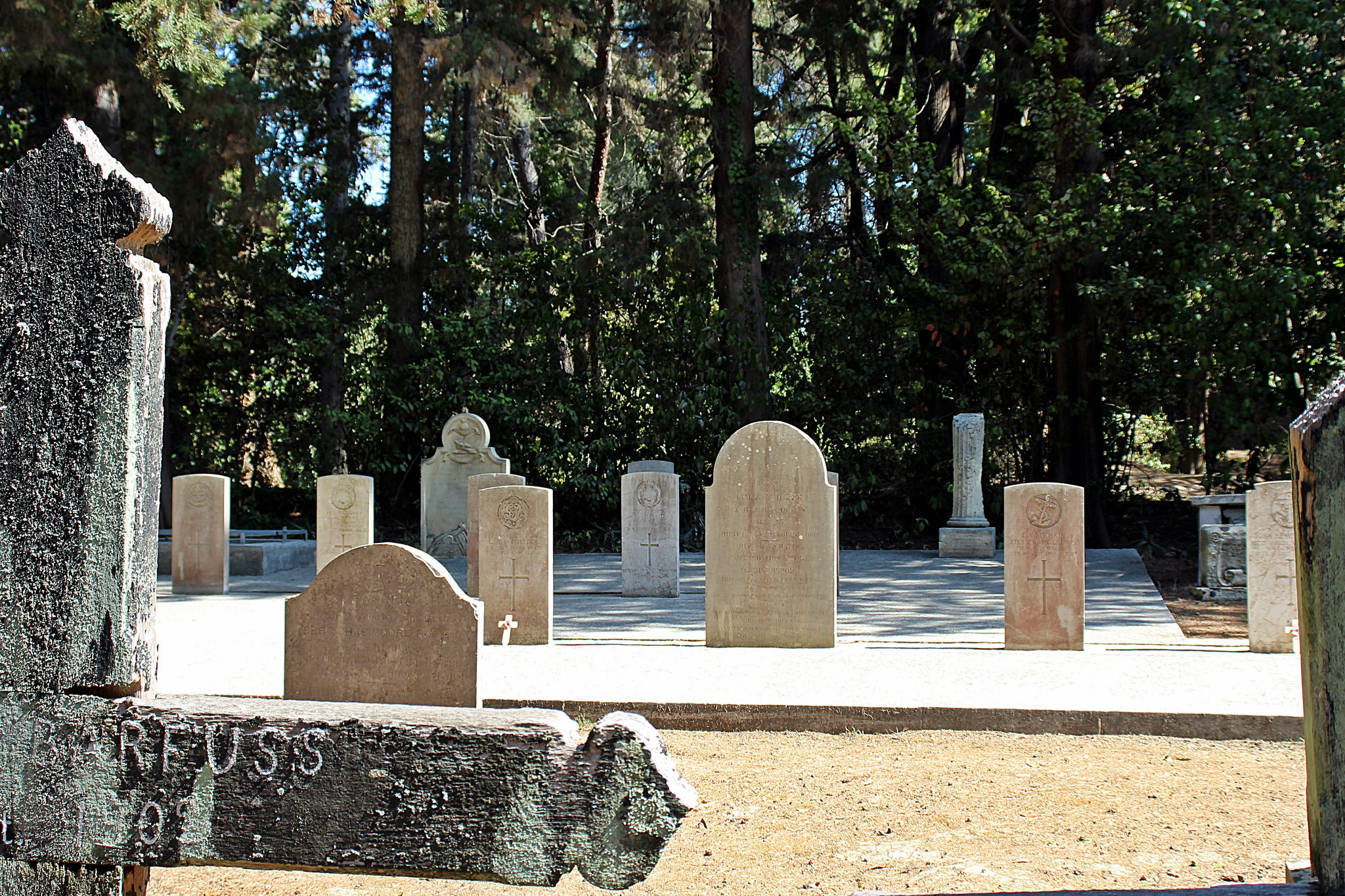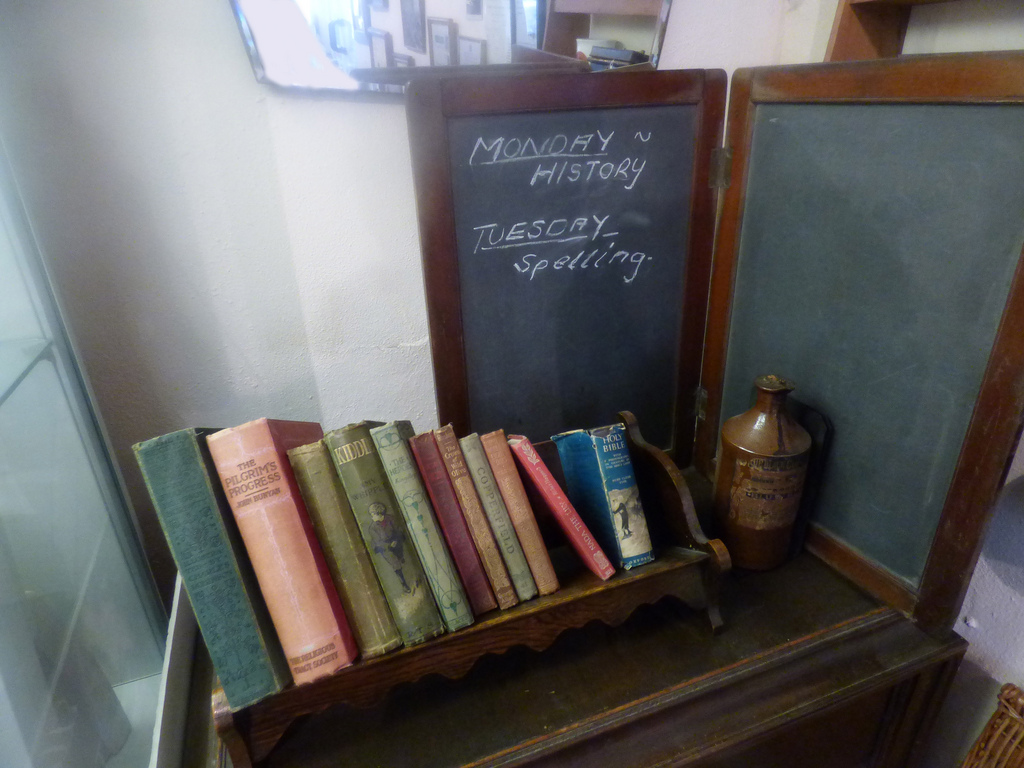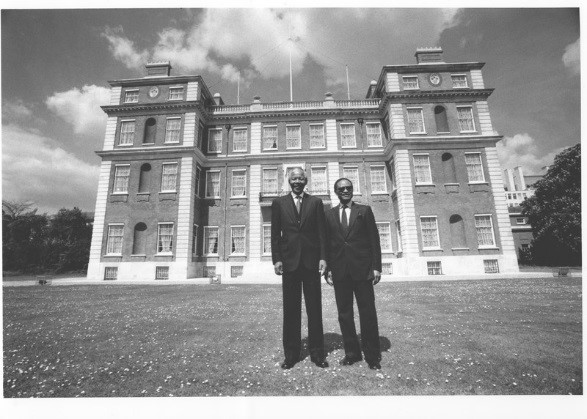by Faseeh Abbas The turmoil in the Middle East, a daily fixture in global news, can be traced back to historical decisions made by Western powers, particularly the British, in the aftermath of World War I. At the heart of this complex narrative lies the Sykes-Picot Agreement of 1915, where the Triple Entente divided the …
Tag: history
In November 2006, Prime Minister Tony Blair of the United Kingdom issued an apology for his country’s past role in the slave trade. The move sparked fresh hopes among some that official reparations might follow. Ariela St Pierre-Collins, 15, a Canadian teenager living in the West Indies, wonders how best such a debt can be repaid. …
“Does reparation start the process of connecting cultures?” Read More »
In November 2006, Prime Minister Tony Blair of the United Kingdom issued an apology for his country’s past role in the slave trade. The move sparked fresh hopes among some that official reparations might follow. Ariela St Pierre-Collins, 15, a Canadian teenager living in the West Indies, wonders how best such a debt can be repaid. …
"Does reparation start the process of connecting cultures?" Read More »
For more than a thousand years, Delhi has commanded the attention of rulers and invaders who put their stamp on this bustling city, writes Mridul Upadhyay, 21, a Commonwealth Correspondent from New Delhi, India. The result is a metropolis with an indomitable spirit. At the first sight, Delhi may appear to be a city with …
Protests in Hong Kong can be linked to democracy or historic promise for reform, but Jake Elson, 20, a Correspondent from Banbury in Australia argues that creating a compromise between capitalism and communism is the real issue. By the time I write this, the Hong Kong protests have begun to dwindle in numbers. It’s characteristic of …
A critical view of history is vital to identity, writes Jake Elson, 20, a Commonwealth Correspondent from Bunbury in Australia, who laments that Western Australians know too little about their complex past. There is a famous line from Bob Marley’s “Buffalo Soldier”: ‘If you know your history, then you would know where you’re coming from. …
Exploring little-known historic spots becomes an opportunity to learn about culture and let the imagination soar, writes Latoyaa Roberts, 27, a Commonwealth Correspondent from Trinidad and Tobago. A drive around Tobago, located in the Caribbean, produces several stops at historical sites that have often vanished from our memories. These derelicts are of historical and cultural importance …
"Hidden gems – the sugar mill derelicts in Tobago" Read More »
Learning from history helps to avoid repeating mistakes of the past, but Tiloma Chandrasekera, 27, a Correspondent from Colombo in Sri Lanka, argues the first step is accuracy in reporting history. “The most effective way to destroy people is to deny and obliterate their own understanding of their history.”― George Orwell As a young person in …
A visit to the Republic of Korea gave Erandi Thanippularachchi, 23, a Commonwealth Correspondent from Sri Lanka, opportunity to learn about culture, history, and how a nation can develop its potential. The moment we stepped into the Republic of Korea, we were amazingly greeted as “Anna ye Seiyo” with friendly and beautiful smiles. Seoul is a …
The growth of regional and international organisations that foster trade agreements could overshadow perception of the Commonwealth of Nations, but Denise Juvane, 23, a Commonwealth Correspondent from Mozambique now living in England, reminds us it effectively helped 53 member states move toward peace, representative democracy and individual liberty. The United Nations, being so internationally recognised …



